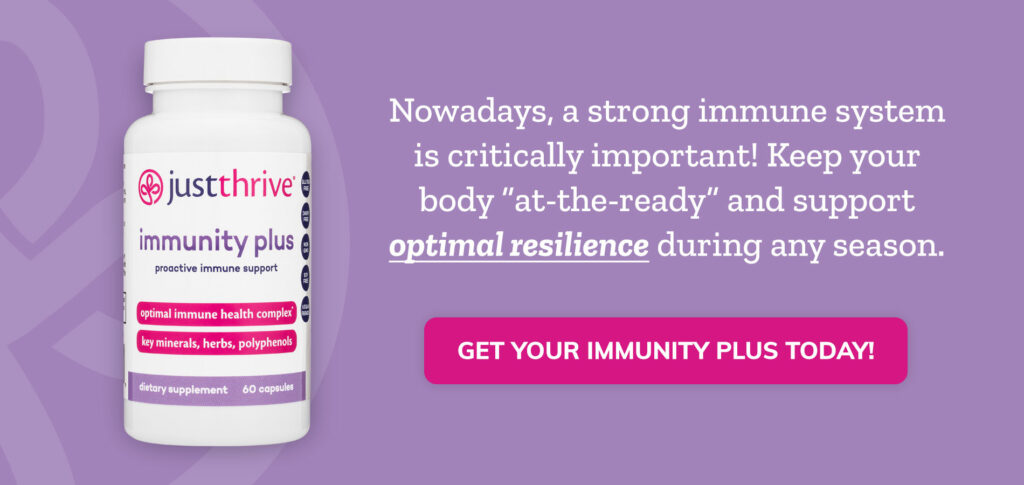Mushrooms are one of the more fascinating organisms on the planet. The fungus has long been used by many cultures in cooking, as a medicine for its healing properties and as a spiritual tool in its psychoactive form. Recent studies have advanced our knowledge of what they’re capable of, beyond their role as a meal garnish.
The reishi mushroom has been used in Chinese medicine as a healing agent and immune booster; it is sometimes even referred to as the “immortality mushroom.” It’s often used by those looking to naturally help the body defend against the symptoms of leaky gut syndrome, bronchitis and other diseases that can arise from imbalances in the immune system. This study found that ganoderic acid, a triterpenoid that’s in reishi mushrooms, inhibits and helps prevent development of cancerous tumors. Another study demonstrated its lifespan-improving effects.
In a recent study, shiitake mushrooms taken daily for four weeks were shown to improve immunity. The participants had a 4 oz. mushroom every day and demonstrated reductions in inflammatory proteins in their bodies. Check out this recipe for sauteed shiitake to try for yourself.
The Queensland University of Technology in Brisbane, Australia found in a recent study that the turkey tail mushroom was 100 percent effective in a 20-week trial in preventing prostate tumors in mice. The researchers extracted the polysaccharide (PSP) compound from the mushroom and fed that to the mice. None of those who were fed the PSP developed prostate tumors, while some of the mice who weren’t fed the PSP developed the tumors. Although it would be a stretch to say these will definitely prevent prostate issues in humans, the findings are still significant.
The widely known psychoactive substance, psilocybin, found in “magic mushrooms” is anecdotally known to bring profound insights and spiritual connection to the natural environment. It’s also been known to be an agent in assisting with addiction. One Johns Hopkins University study showed an 80 percent success rate – 12 of 15 – in stopping chronic smokers from smoking after six months, after three sessions with the substance. Another study at Johns Hopkins showed significant improvement in openness and well-being, from participants who were given the substance, that lasted for over a year for many of the participants.

